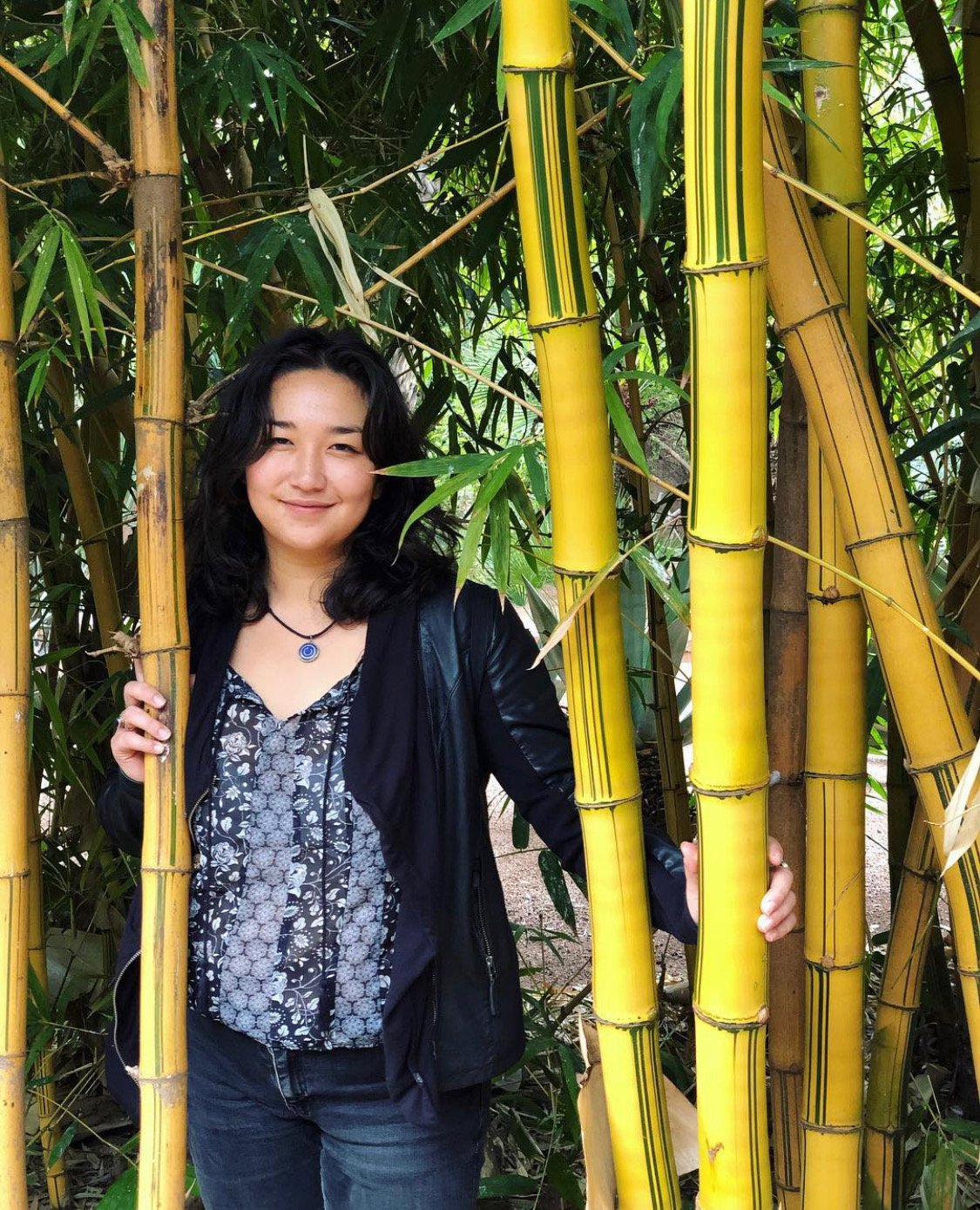Morgane Garnier
PROGRAM ADMINISTRATOR
Morgane Garnier (they/she) is a community organizer and transnational being who believes in the wholeness of people and the planet as one organism. Their work centers on transforming violence and systemic injustice through collective healing, radical education, and creative expression. While they have organized on a range of social issues related to racial, environmental and economic justice, their heart lies with the working class diaspora and anti-imperial movements across the world.
At a young age, Garnier migrated from the French colonial empire to the lands of the Osage, Quapaw, Kickapoo, Muscogee, and Caddo Peoples in what was once designated "Indian Territory" and is now referred to as Oklahoma. After studying and being on the 2020 campaign trail in Iowa, their main residence has been the occupied land known as Los Angeles that is still inhabited and cared for by the Tongva, Tatavian, Serrano, Kizh, and Chumas Peoples.
Garnier's multiracial and multicultural roots are an important part of how they envision what liberation could feel and look like on a global scale. Half Korean and half French, they identify as culturally Korean-American and Franco-Korean. As part first and part second-generation immigrant, they relate to people at the margins who exist in-between spaces, lands, and cultures. Deep investigation of their relationship to the French, Japanese, and American empires has played a major role in their journey to better understand the intergenerational impacts of violence and colonialism in their ancestry. With the support of breathwork and spiritual community in the Plum Village Buddhist tradition, Garnier continues to expand their perspectives on social change, healing, and global community through education, relationships, and cross-cultural experiences.
In their role as Program Administrator at Aurora Commons, Garnier brings together their background in creative movement work with their experiences in trauma-informed healing. They feel very fortunate to work closely with Susan Misra and to learn from her body-centered approach to building power and cultural transformation.

